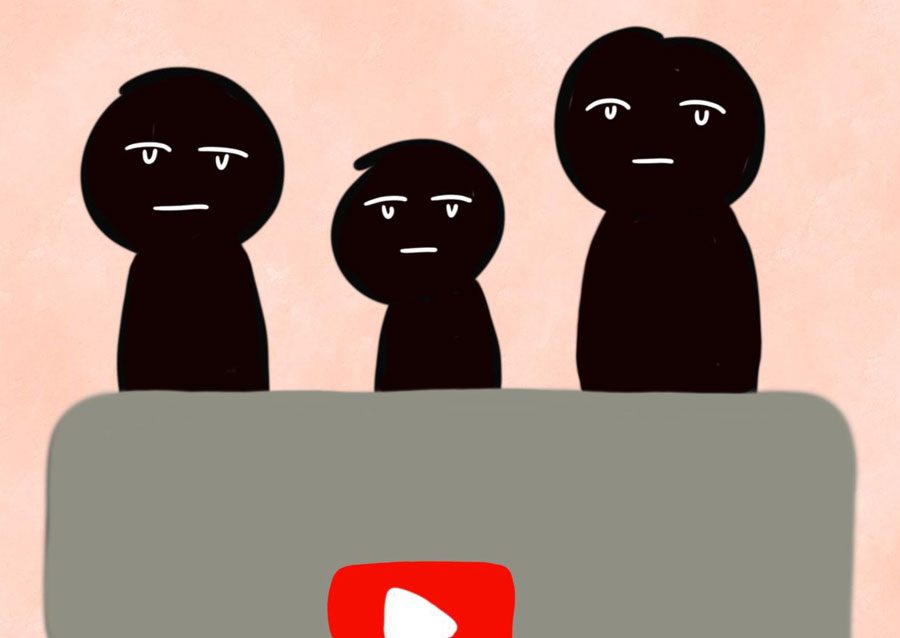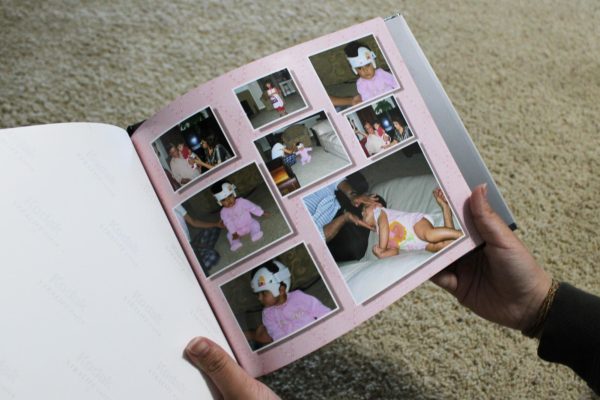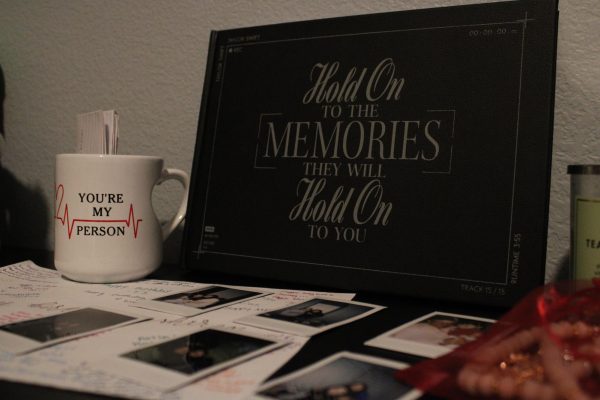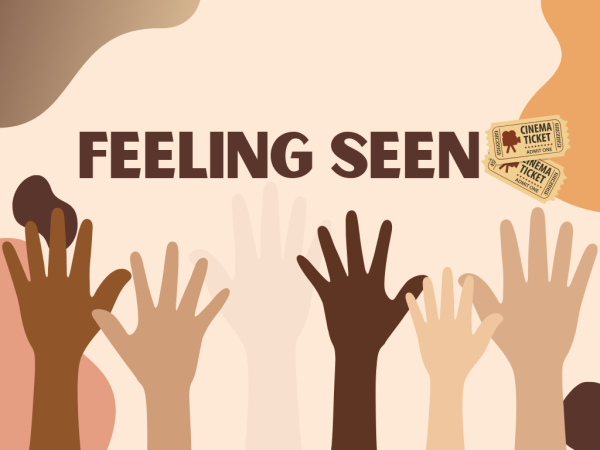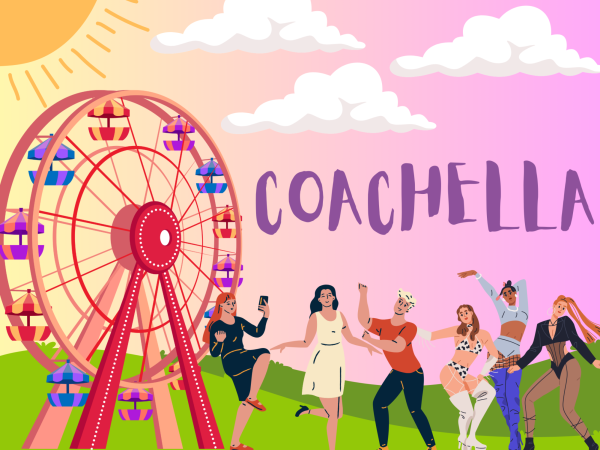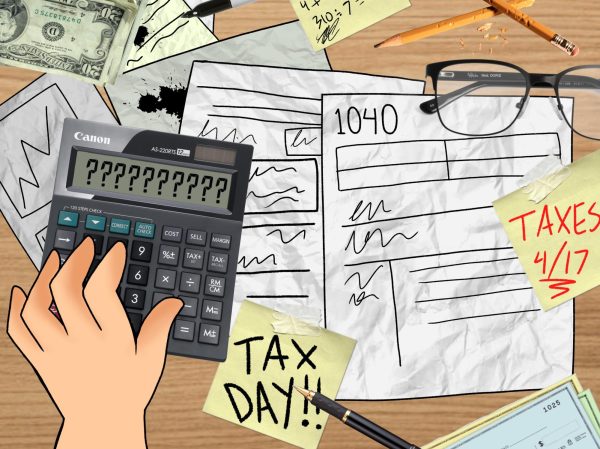YouTube presence desensitizing new generation
YouTube, created in February of 2005, has reached its peak. With over four billion hours worth of videos, the website has a wide range of viewers, from children to the elderly. I first discovered YouTube when I was 7; I didn’t know the name of the platform, but I remember thinking that the videos on YouTube were weird. Of course, the weirdness only grew over the years, but along with the weird, grew meaningful content.
YouTubers hold up the site’s status and widen the reach to viewers. Many of these YouTubers have grown to be big influences, like Shane Dawson, iiSuperwomanii, Liza Koshy, PewDiePie and Jake and Logan Paul. The reach they have is surprising. There are people who would go to extreme lengths to get the attention of the YouTubers they adore, and that seems extreme to me.
Even though YouTube is a business, just like any other, it has representatives that start off as ordinary people. This is what attracts many viewers to the platform — a chance to watch an ordinary stranger become something. For people to have this amount of influence on their viewers is both a blessing and a curse. But recently, everything has taken a turn to only care about the numbers: the number of subscribers, followers, views and profits. Rather than finding a purpose behind what they do, many YouTubers have taken on the challenge of gaining the numbers, even if it is by hurting or defaming others.
This connects to the ever-decreasing sensitivity of generation z. The prevalence of controversial and sensitive topics are increasing, yet people are more flippant about the issues. This is because media outlets like YouTube or, formally, Vine allow content like bullying, hazing or acting like a fool to pass for entertainment. Because more young children and adults are attracted to these platforms, they are being exposed to sensitive content and trying to reenact these behaviors.
The decrease in sensitivity can be viewed as a positive change — the more prevalently something is discussed, the more awareness and caution it receives. But this change is negatively affecting society through pushing serious issues down as jokes. A well known example of this is Logan Paul’s suicide forest video, in which he shows a deceased man after he has hung himself. Rather than deleting the footage, he included it and discussed it in a joking manner. Although this video received many views, there were also retribution to it as well: social media downfall, news reports, negative comments from viewers and peers.
A major part of YouTube is the prank community: Prank v.s. Prank, Vitaly Zdorovetskiy, MagicofRahat, Joey Salads and many more. This community makes use of controversial topics and minorities for most of their content mostly for views. It is channels like these that are influencing the youth to believing it is OK to put humor into sensitive topics at inappropriate times. Although these creators claim to be executing these pranks in order to raise awareness, social experiments or pranks, like Joey Salads’s “Terrorism, RADICAL Islam vs RADICAL Christianity” just three days after the Orlando Shooting, are just insensitive.
We need more sympathy in the world. The future generation is being led by many insensitive influencers and we need a world where we can discuss important issues without having it turned into negative display for attention.
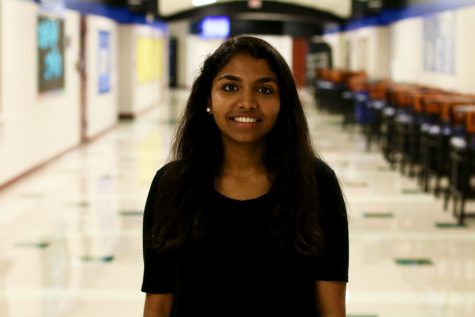
Senior Aparnna Manoj is the news editor and this is her third year on staff. She considers herself a realist and has a love of writing. She loves conspiracies...



